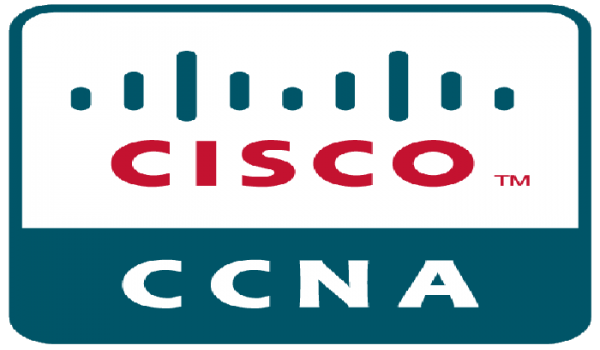
CCNA
There are no formal prerequisites for CCNA certification, but you should have an understanding of the exam topics before taking the exam. CCNA candidates often also have: One or more years of experience implementing and administering Cisco solutions. Knowledge of basic IP addressing.
CCNA is the entry-level Cisco certification and serves as the foundation for CCNP and CCSP (as well as CCIP and CCVP) Certifications.
A CCNA candidate will achieve familiarity and expertise with Cisco's IOS, TCP/IP, LAN and WAN technologies and management, switching and routing protocols, the OSI model, LAN troubleshooting.
This module will certify that the candidate has the ability to select, connect, configure, and troubleshoot various Cisco and networking devices.
MCSE and CCNA is a popular combination, as is MCSE and Citrix CCA.
If you are already an MCSE, consider combining CCNA and CCNP.
Cisco has recently announced a new version of its Cisco Certified Network Associate (CCNA) certification, along with a brand-new entry-level title, the Cisco Certified Entry Networking Technician (CCENT).
The new CCNA exams have been "completely revamped" and will focus on a much broader range of technology. |
|
There are two ways to become CCNA-certified:
- Pass one CCNA Composite exam (currently 200-125)
- Pass two individual ICND exams (currently ICND1 100-105 and ICND2 200-105). In effect, 200-125 = 100-105 + 200-105.
SHARE

